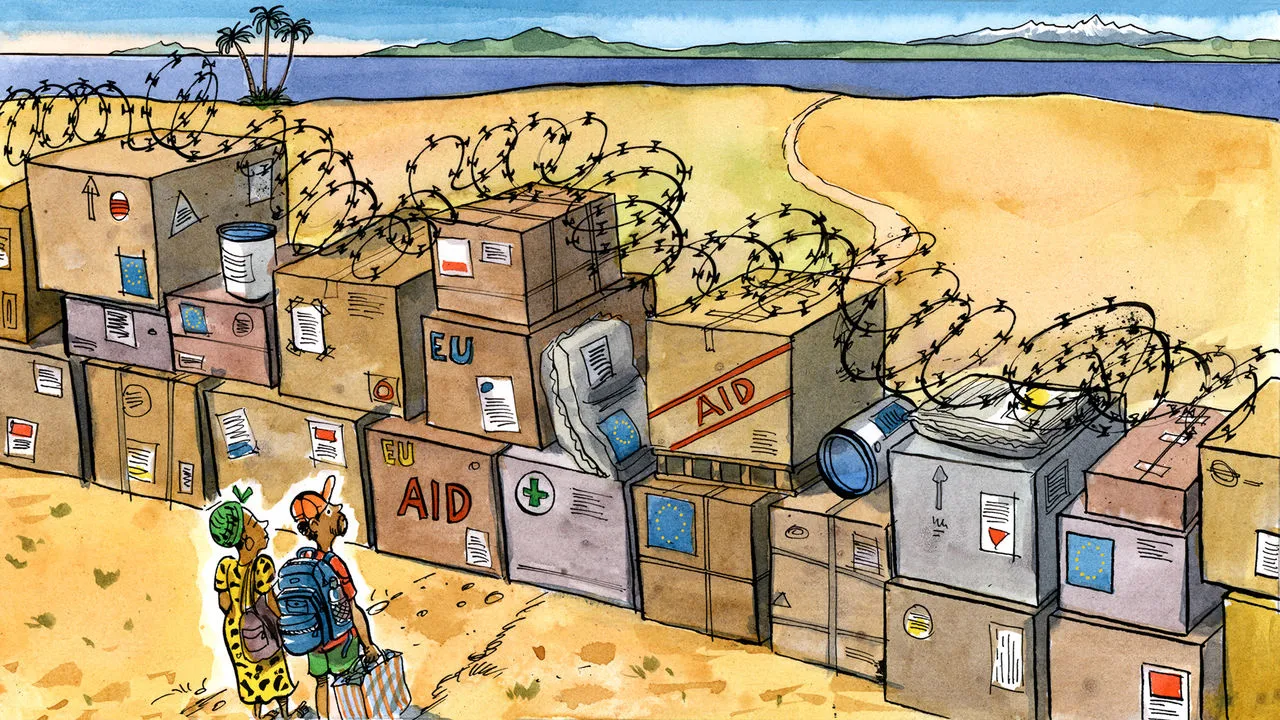New data reveals that European countries have varying perceptions of security challenges, yet all EU governments—except Ireland—consider uncontrolled migration a national security threat, albeit to different degrees.
Recent meetings in Brussels highlighted that migration remains one of the most divisive issues within the EU. Italy and Greece are pushing for a greater redistribution of refugees, while Germany seeks to limit secondary migration within the bloc. Meanwhile, France’s president aims to establish a middle ground, advocating for shared responsibility in hosting asylum seekers. At the same time, governments in Central Europe continue to capitalize on migration fears to boost domestic support, especially in the lead-up to the 2019 European Parliament elections.
Divisions Within the EU
According to a new European Council on Foreign Relations (ECFR) Security Scorecard, perceptions of migration as a security threat vary based on national circumstances. Transit countries like Italy, Greece, Bulgaria, Malta, Hungary, Austria, and Slovenia see uncontrolled migration as a top security priority. Germany, Denmark, Spain, and Croatia consider it a significant threat, whereas 16 other EU countries perceive it as a medium or low concern.
These differing perspectives make consensus difficult, with some nations prioritizing border control while others focus on social integration. Additionally, some countries fear that migration-related disagreements could undermine broader security cooperation within the EU.
Four Key Trends
- Controlling migration remains the top concern
– Most EU countries believe their biggest challenge is the lack of control over the number of arrivals, which explains the current focus on border security. - Migration concerns extend beyond border control
– Countries like France, Denmark, Belgium, the Netherlands, and Finland view migration as a complex issue, shaped by their long experience with multicultural societies. - Political isolationism in some EU states
– Countries like Poland, Hungary, and the Czech Republic seem unaware of how their strict anti-migration stance could strain EU solidarity, leading to greater opposition to their policies. - The migration crisis is political, not just security-related
– While migration is framed as a security issue, it is fundamentally a political crisis driven by disagreements between EU member states rather than external threats.
Will the Migration Crisis Break the EU?
As EU countries struggle to reconcile their priorities, there is a real risk that migration could become a source of deeper divisions within the bloc. However, no European government actively seeks to dismantle the EU. Still, the ongoing lack of consensus could have unintended security consequences, making it crucial for leaders to find balanced solutions that address both security concerns and humanitarian obligations.

